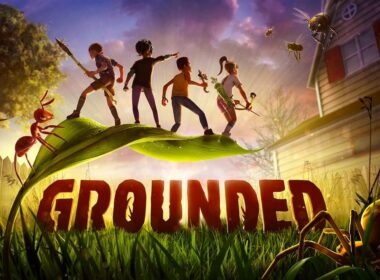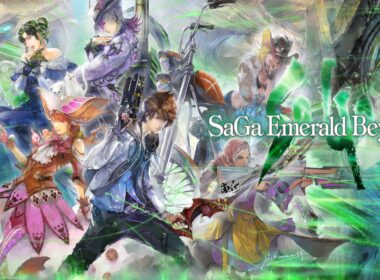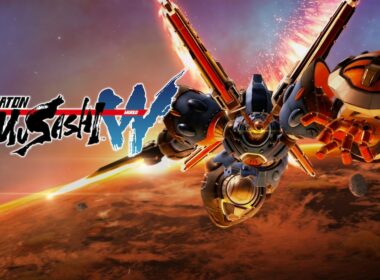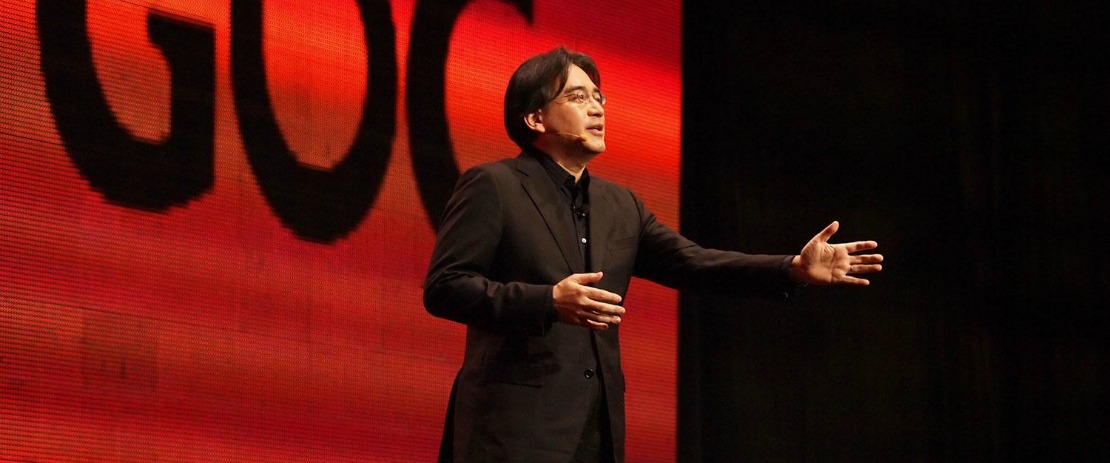We took a moment to remember late Nintendo president Satoru Iwata last week, which had marked a year since he had sadly passed away.
Presenting the chance for another moment of reflection, I took the time to explore past interviews with Nintendo’s enthusiastic leader, for which many will forever cherish his Nintendo Direct appearances.
One interview grabbed my attention, with Japan’s Used Games magazine way back in 1999 when he was still HAL Laboratory’s president. It widely spoke about their relationship with Nintendo as a third-party developer and moved on to deliver commentary about the state of the games industry at the time. What’s remarkable is that, even after some 17 years have passed, not much that Iwata criticised has changed.
That revolved around the industry’s unrelenting pursuit for graphical fidelity over taking the time necessary to deliver unique gameplay concepts, creating an appeal that never existed before.
“I think it’s amazing that the biggest hit the game industry has ever had, Pokémon, was a Game Boy game,” Iwata explained to Used Games. “I think there’s so much to learn from that. Cutting-edge graphics and impressive CGI are tools, but they aren’t the only tools we have.
“Of course there are some players who really want to see the latest and greatest in graphics and technology, and there isn’t anything wrong with that. But I definitely think there are other avenues of approach. I don’t want every game developer to do the same thing; it will be a richer, more diverse, more enjoyable industry if we’re all moving along different vectors, don’t you think?”
That ambition to steer the industry into uncharted territory in the exploration of new ideas would later see Iwata help Nintendo birth the Wii and Nintendo DS, platforms undoubtedly remembered for readily engaging previously untapped demographics.
“That’s why I was personally very happy to see Super Smash Bros., a game which eschews traditional vs. FTG gameplay conventions, be so well-received by players,” Iwata continued. “And Pokémon Snap, which features a gameplay idea that has never been seen before (taking pictures) also did well. In those games, I believe we created something new, something with an appeal no other game had before.”
At a time when print still dominated, Iwata shared concern that the media had “become fairly pessimistic.” He was worried that critics weren’t looking for what a game had achieved, but were instead fixated on uncovering flaws. Games themselves were increasingly becoming passive and riddled with cutscenes, whereas Iwata wanted to strive to let never let go of a players’ hand.
“I think games journalism and media today has become fairly pessimistic. When I read reviews, I expect them to talk about what a game did well, but rather than focus on the merits, they seem more interested in finding flaws. But the lack of obvious flaws isn’t what makes a game compelling; even a flawless game can be boring. That’s why I feel it’s better for a game to have a single great idea than to focus on that kind of perfection.
“Also, I think today’s games are too often asking players to be completely passive entities. They reward your progress with event cutscenes, and it sort of becomes like, ‘Hey, you wanna see the next awesome movie we made, right? then go do this!’ The player ends up feeling like the developers’ little errand boy. I don’t want to make games like that. I want the player to be able to find his own way to enjoy the game.
“I realise that puts a certain demand on players. However, if the industry continues down the path we’re on now, where games are simply about collecting rewards, and gameplay itself becomes stale and formulaic, and the important thing is not having any mistakes or flaws in your game… if we go down that path, there will be no end to it, and games will ultimately all become the same—and very boring.
“Let us therefore sing the praises of the new and the different. (laughs) You know, whenever I talk to games journalists, I always talk about this. But I think it’s a critical issue for the gaming industry.”
[Thanks Shmuplations]




